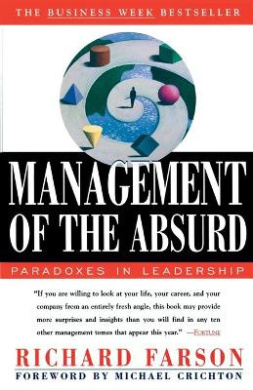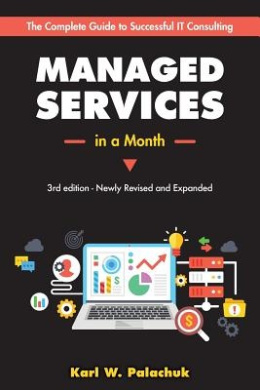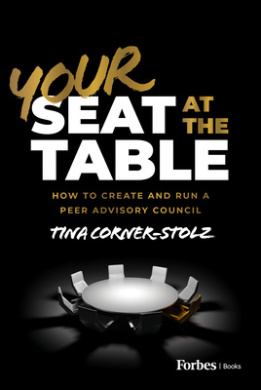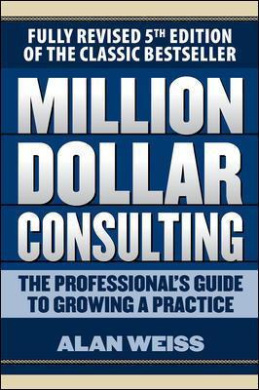Description
A “Business Week” bestseller, this original, contrarian philosophy challenges today’s leaders to look past the quick fix and deal thoughtfully with the real complexities of managing people. Richard Farson, a psychologist, educator, and former CEO, is president of the International Design Conference in Aspen. He lives in La Jolla, California. Contents Foreword by Michael Crichton Introduction: Embracing Paradox and Absurdity PART ONE A Different Way of thinking 1. The Opposite of a Profound Truth Is Also True 2. Nothing Is as Invisible as the Obvious PART TWO The “Technology” of Human Relation 3. The More Important a Relationship, the Less Skill Matters 4. Once You Find a Management Technique That Works, Give It Up 5. Effective Managers Are Not in Control 6. Most Problems That People Have Are Not Problems 7. Technology Creates the Opposite of Its Intended Purpose 8. We Think We Invent Technology, but Technology Also Invents Us PART THREE The Paradoxes of Communication 9. The More We Communicate, the Less We Communicate 10. In Communication, Form Is More Important Than Content 11. Listening Is More Difficult Than Talking 12. Praising People Does Not Motivate Them PART FOUR The Politics of Management 13. Every Act Is a Political Act 14. The Best Resource for the Solution of Any Problem Is the Person or Group That Presents the Problem PART FIVE Organizational Predicaments 15. Organizations That Need Help Most Will Benefit from It Least 16. Individuals Are Almost Indestructible, but Organizations Are Very Fragile 17. The Better Things Are, the Worse They Feel PART SIX Dilemmas of Change 18. We Think We Want Creativity or Change, but We Really Don’t 19. We Want for Ourselves Not What We Are Missing, but More of What We Already Have 20. Big Changes Are Easier to Make Than Small Ones 21. We Learn Not from Our Failures but from Our Successes — and the Failures of Others 22. Everything We Try Works, and Nothing Works 23. Planning Is an Ineffective Way to Bring About Change 24. Organizations Change Most by Surviving Calamities 25. People We Think Need Changing Are Pretty Good the Way They Are PART SEVEN The Aesthetics of Leadership 26. Every Great Strength Is a Great Weakness 27. Morale Is Unrelated to Productivity 28. There Are No Leaders, There Is Only Leadership 29. The More Experienced the Managers, the More They Trust Simple Intuition 30. Leaders Cannot Be Trained, but They Can Be Educated 31. In Management, to Be a Professional One Must Be an Amateur PART EIGHT Avoiding the Future 32. Lost Causes Are the Only Ones Worth Fighting For 33. My Advice Is Don’t Take My Advice Acknowledgments





